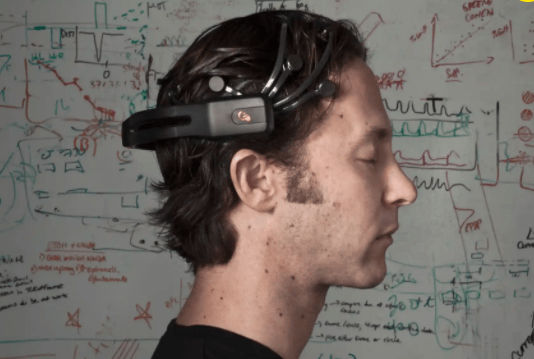Neuroscientists have discovered a phenomenon that they can’t explain
Specific groups of neurons reliably fire when their owner smells a rose, sees a sunset, or hears a bell. These representations—these patterns of neural firing—presumably stay the same from one moment to the next. But what happens if they don’t? The Atlantic looks to the piriform cortex and ‘representational drift’ for answers.
David Eagleman: ‘The working of the brain resembles drug dealers in Albuquerque’
The Guardian speaks to Dr. David Eagleman about consciousness, the purpose of dreams, and just how the working of the brain resembles drug dealers in Albuquerque.
Seeking clues to mysteries of coronavirus by studying a person’s ability to taste bitterness
The Washington Post examines studies on the impact of the “supertaster” gene, which plays a role in the immune system, based on the hypothesis that supertasters were unlikely to develop severe symptoms of Covid-19.

